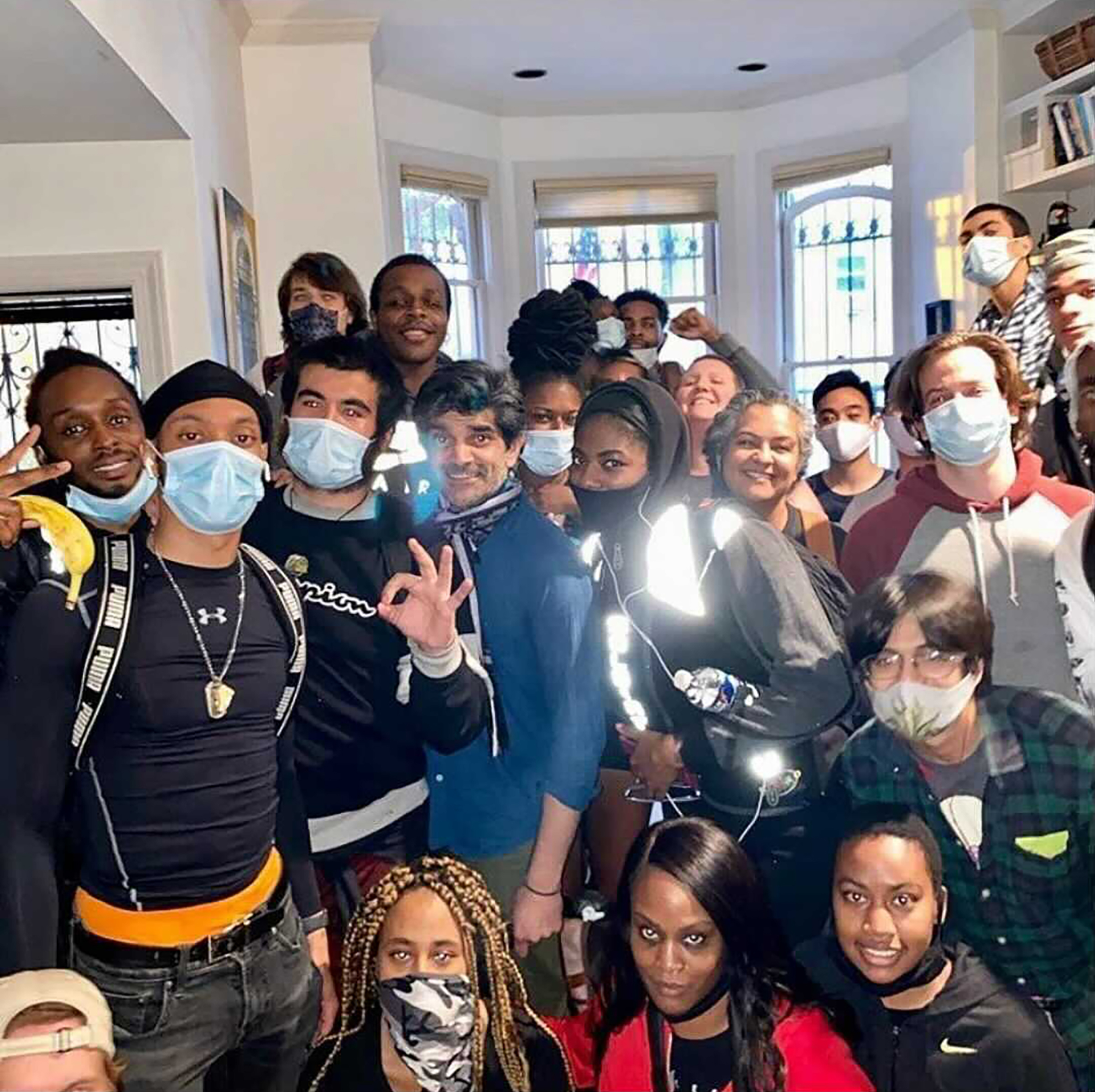On June 1, as demonstrators filled the streets of Washington, D.C., to protest the killing of George Floyd, Rahul Dubey was at his home, not far from the White House. After a 7 p.m. curfew, he noticed crowds in the street outside: police had set up barricades seemingly to trap protesters, and were pepper-spraying those who remained. Dubey decided to take action.
“I open my door, and I start yelling, ‘Get in!’” says Dubey, who works in health care. “All these people were swarming in.” Dubey estimates he gave 70 protesters refuge, housing them overnight to avoid curfew breaches.
“People were coughing, crying, strangers pouring milk into strangers’ eyes,” Dubey says. “They were sharing information, writing down numbers for bail bondsmen. It was this real camaraderie.” Dubey claims police officers made several attempts to breach his sanctuary that evening: posing as protesters trying to get inside, and attempting to intercept the pizza delivery he had ordered for his houseguests.
The move to open his door was driven by instinct, Dubey says nearly six months later. “It’s what was needed.”
- Introducing the 2024 TIME100 Next
- The Reinvention of J.D. Vance
- How to Survive Election Season Without Losing Your Mind
- Welcome to the Golden Age of Scams
- Did the Pandemic Break Our Brains?
- The Many Lives of Jack Antonoff
- 33 True Crime Documentaries That Shaped the Genre
- Why Gut Health Issues Are More Common in Women
